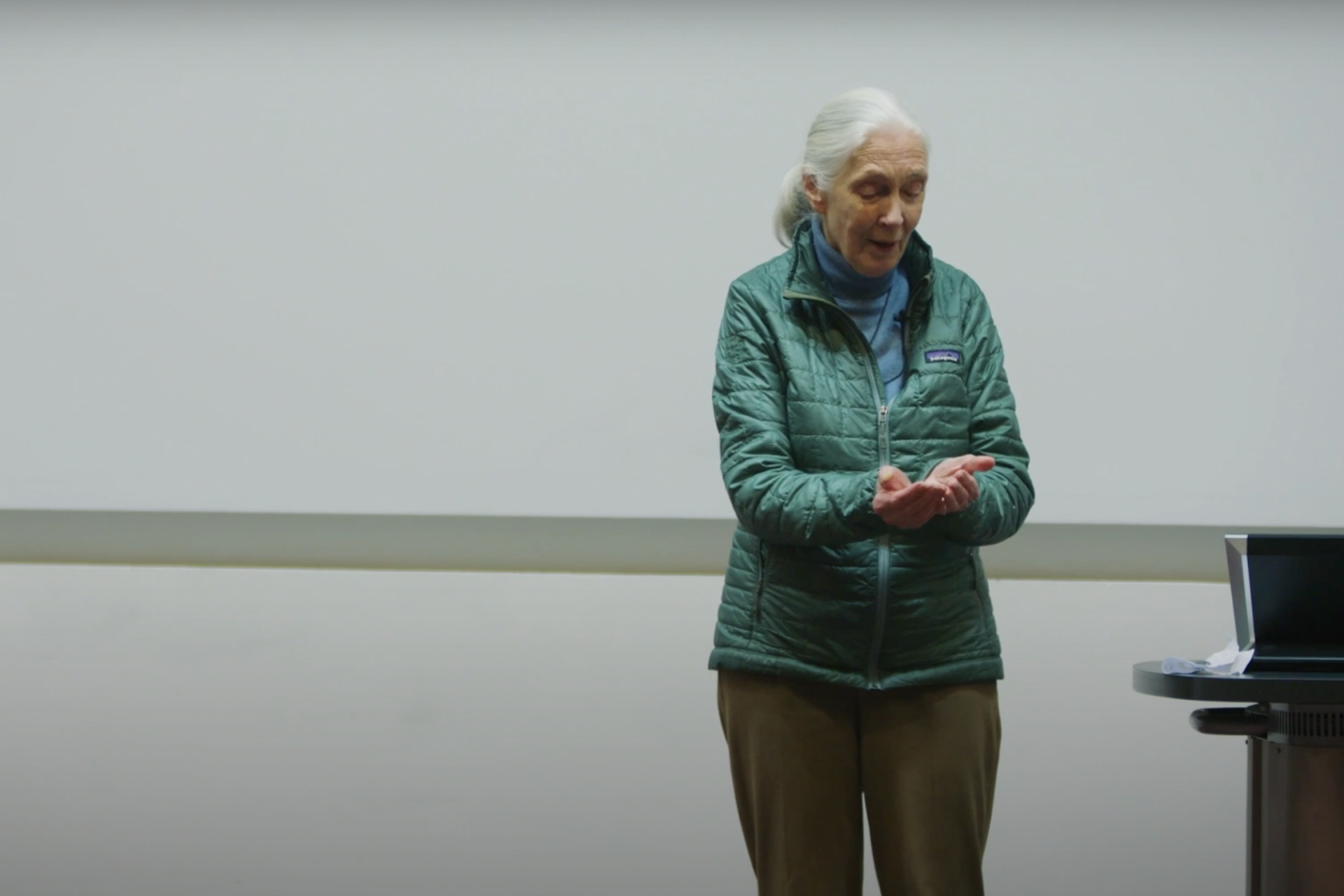News and Events
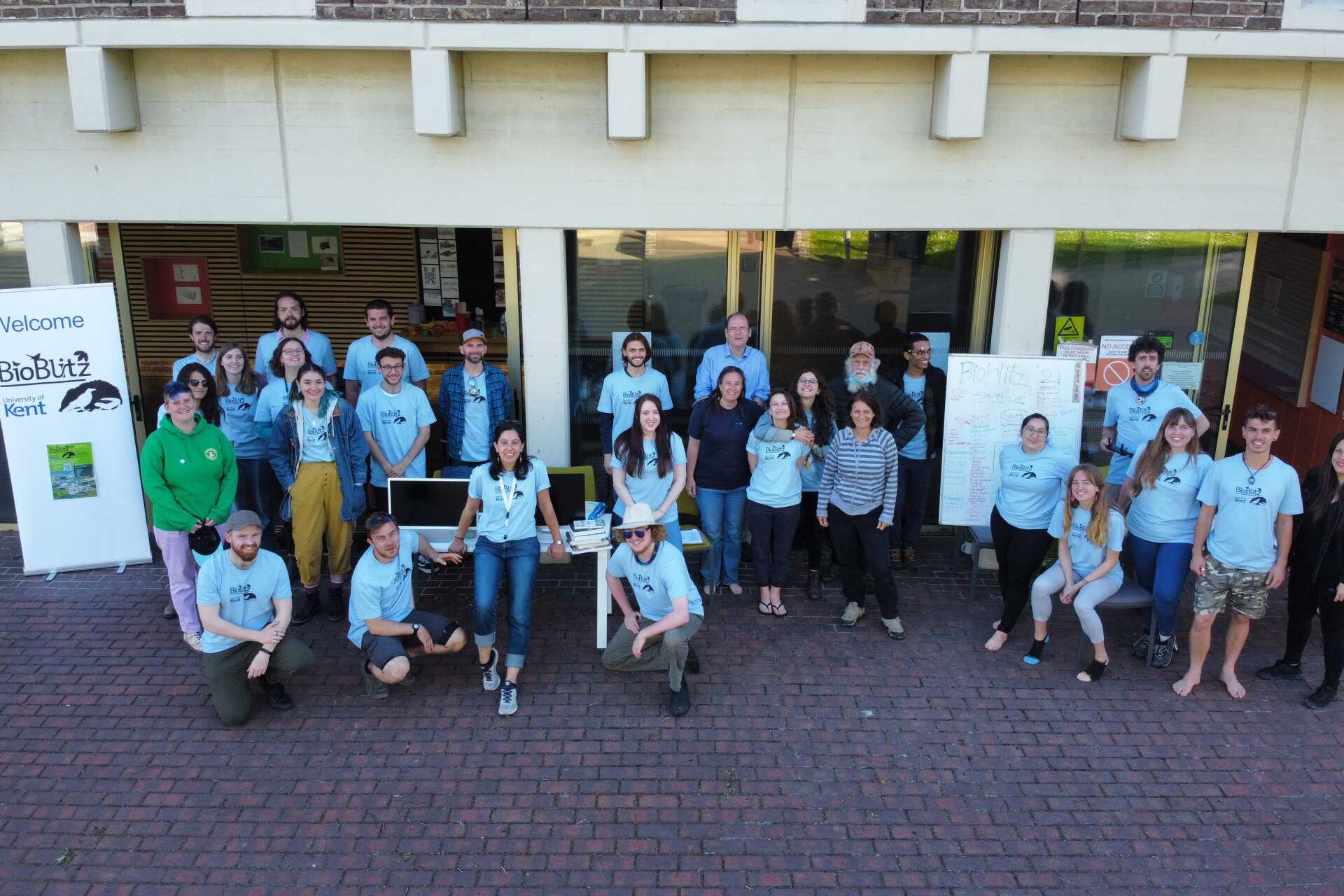
DICE recognises the importance of promoting its conservation efforts and we actively share updates on the work of staff, students, and alumni, through outreach events, traditional media, and social media platforms.
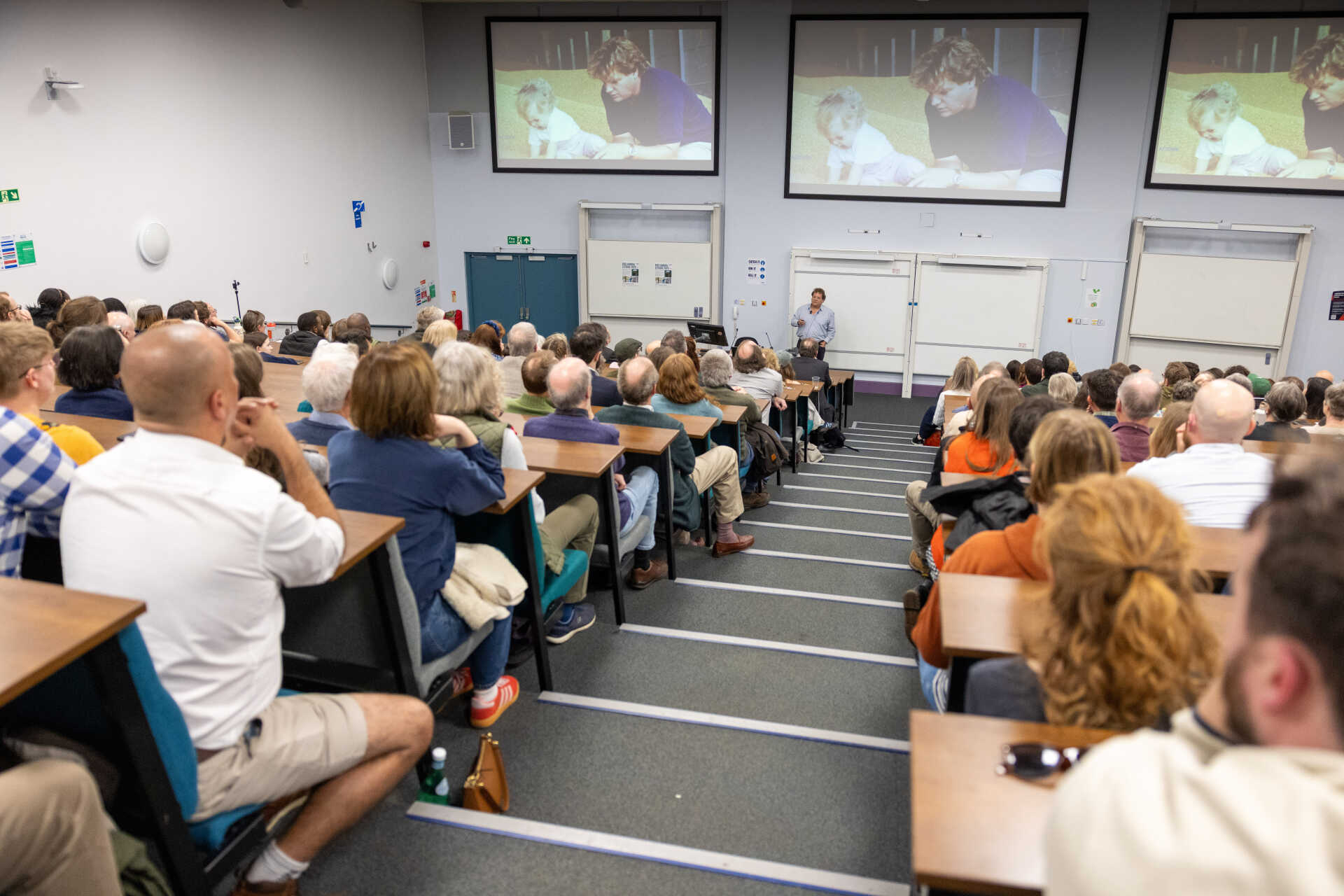
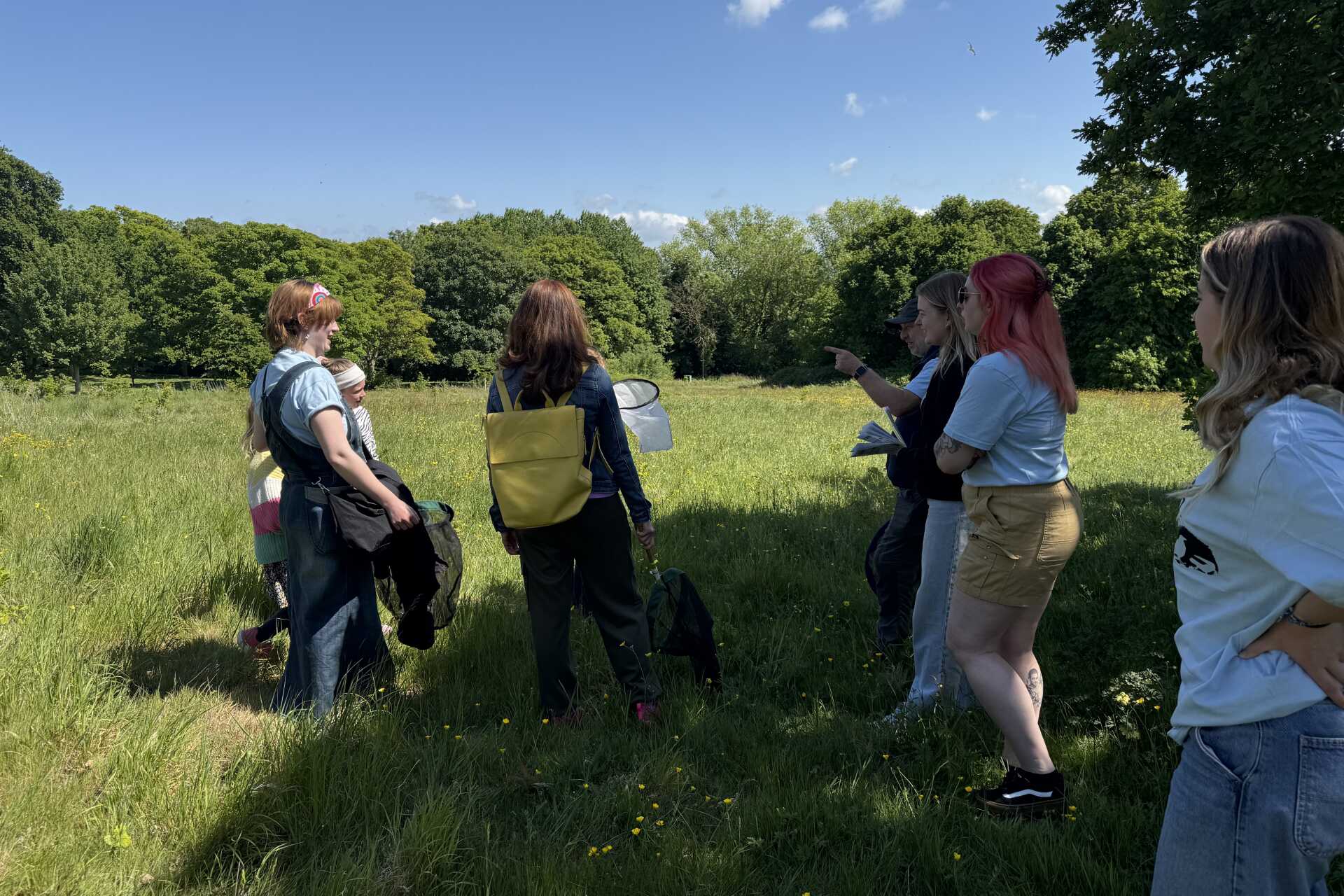
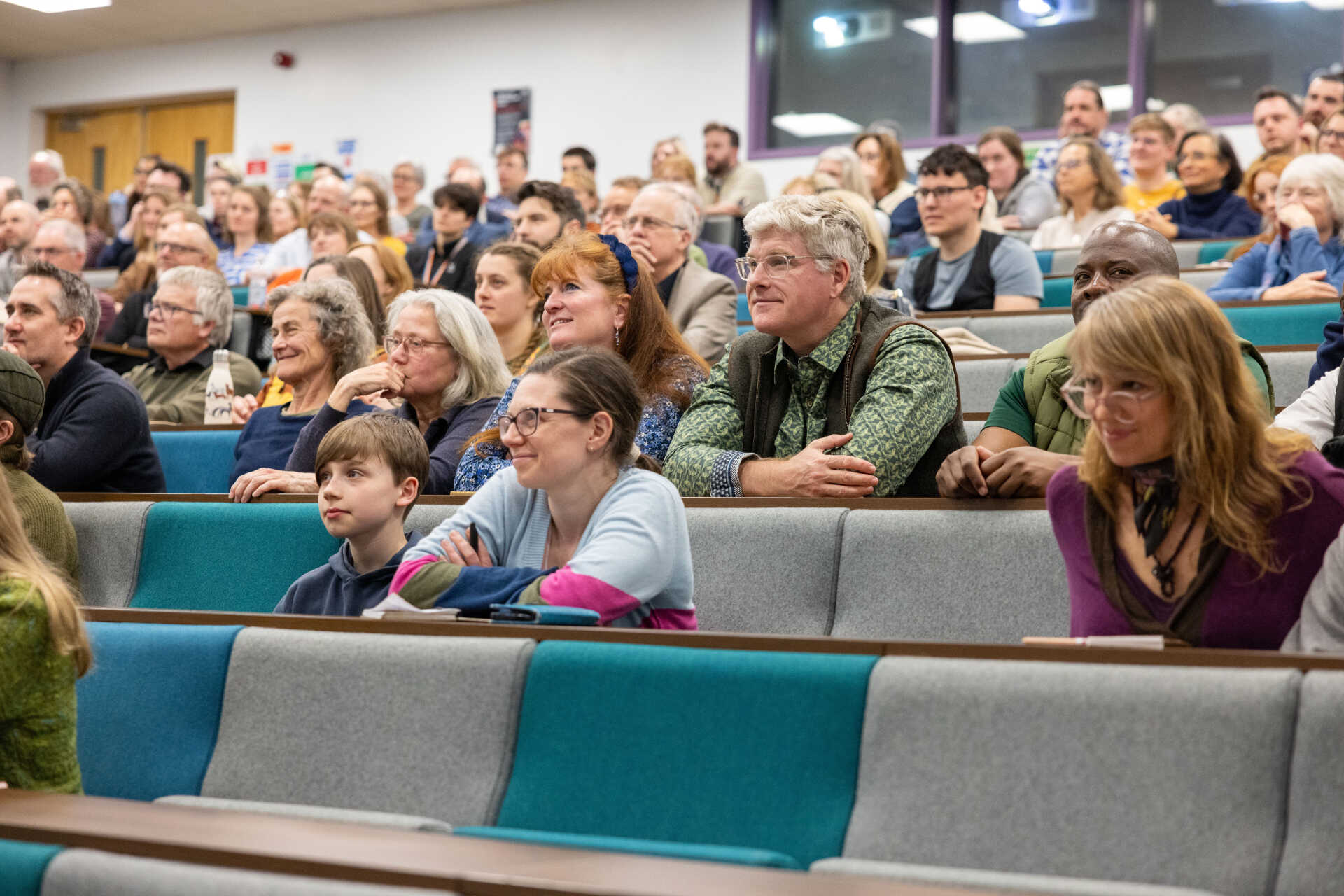
Our Events Programme
From our monthly lecture series, to the Annual DICE Lecture, to the University of Kent Bioblitz, DICE events promote engagement in conservation at all levels. Our students, staff and members of the public all play a role in making our events a success.
Scroll down to view our recent news and upcoming events below and follow us on social media to be the first to hear about new events, on Facebook, Instagram and Twitter.
DICE Talks
The DICE talks are a monthly set of free and public events that showcase the work of DICE members, students and alumni. They take place between 18:00 and 19:00 on a Thursday each month and are open to staff, students and members of the public. Previous talks are available to watch on YouTube.
University of Kent Bioblitz
The University of Kent is an interactive event, predominantly organised by our students, which is held to record as many living species as possible within a specific area, under a short amount of time. Find out more here.
DICE Seminar Series
The DICE seminar series takes place every Thursday afternoon of the Autumn Term and is open to all students, staff and alumni from DICE and the School of Natural Sciences. We host a wide range of speakers from academia, business, government and NGOs talking about their work in conservation science and practice.
Annual DICE Lecture
The DICE Lecture is a public event given each year by a distinguished scientist or practitioner on an important conservation topic. It is also annual get-together where we celebrate the achievements of our students, staff and alumni.
